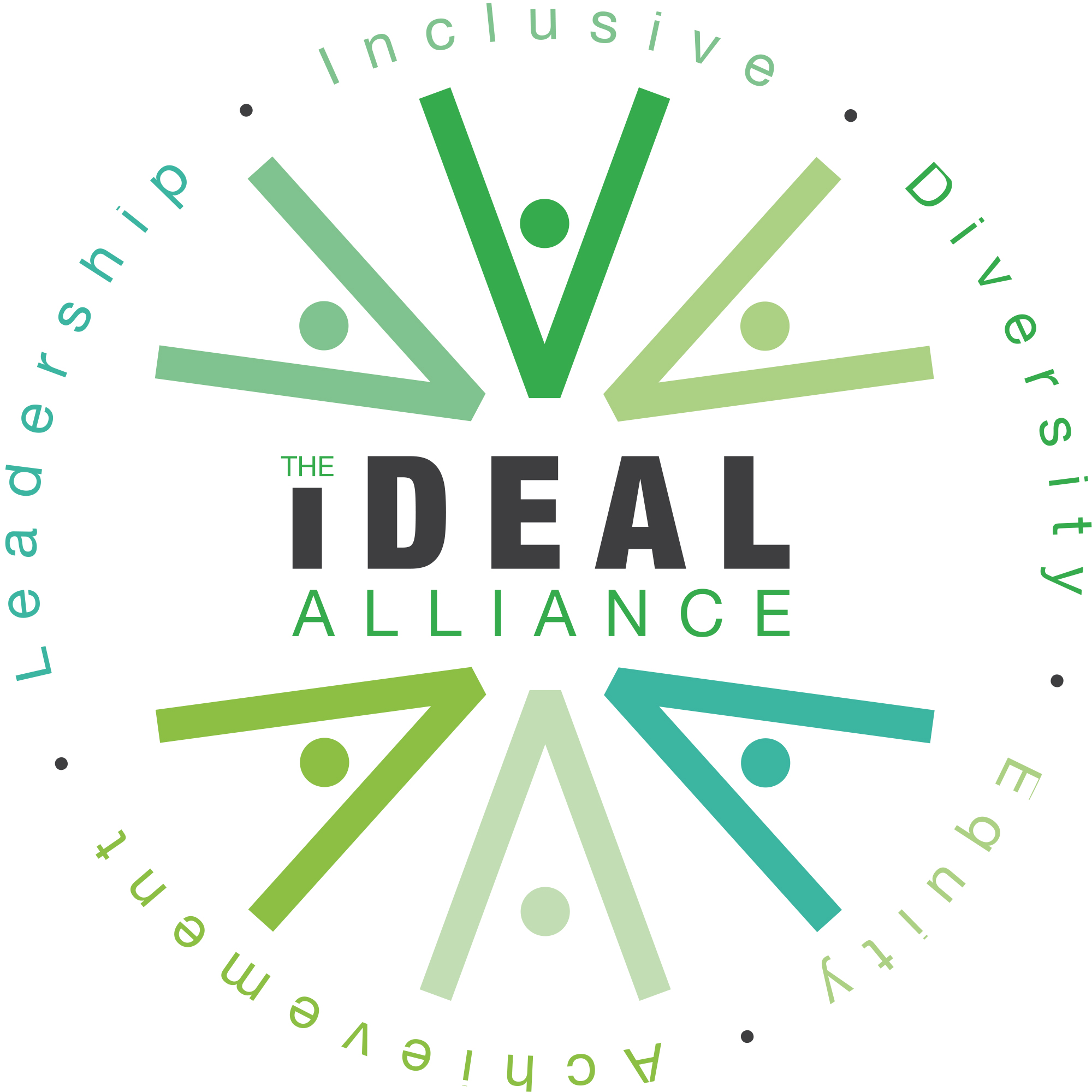Geography
Intent - What are we trying to achieve?
The intent of our geography curriculum is to ignite a lifelong curiosity about the world around us, beginning in the Foundation Stage and continuing through each phase of learning. From an early age, children begin to explore where they live and how it connects to the wider world, building a strong sense of place. As pupils progress, they develop a broad understanding of diverse locations, both local and global, and begin to explore key physical and human geographical features. Our curriculum also places increasing emphasis on sustainability, helping children understand their role in caring for the planet.
Learning regularly extends beyond the classroom through fieldwork, outdoor exploration, and local visits, helping pupils connect their knowledge to real-world settings and develop a meaningful sense of place and environment.
Implementation - How will we achieve this?
At Yealmpstone Farm Primary School, we ensure a rich and varied geography curriculum through a broad range of engaging topics. Through cross-curricular links, pupils explore exciting topics such as volcanoes, coastlines, European cities, and ancient civilisations. We provide hands-on experiences that bring learning to life, encouraging children to explore, question, and investigate.
Fieldwork is a vital part of our offer, with rich, hands-on experiences both within the school grounds and through our close proximity to Dartmoor, giving pupils meaningful opportunities to observe, question, and record the world around them.
Impact - What difference will it make?
At Yealmpstone Farm, children:
-
are able to name and locate the world’s seven continents and five oceans, using this knowledge to draw meaningful comparisons between regions
-
can locate countries on a map and describe their position in relation to others using geographical terminology
-
understand different weather types and the impact of pollution on climate, supporting them to make informed, eco-conscious decisions
-
confidently use geographical vocabulary in both explanations and discussions
-
recognise and describe how geography is relevant in their local area
-
have developed strong mapping and compass skills, preparing them for challenges such as Ten Tors
-
can collect, analyse, and interpret primary data, encouraging critical thinking and reflection about the world and its people
-
understand river formation and use this knowledge to stay safe near water
-
effectively use locational and directional language to express themselves and navigate their surroundings
